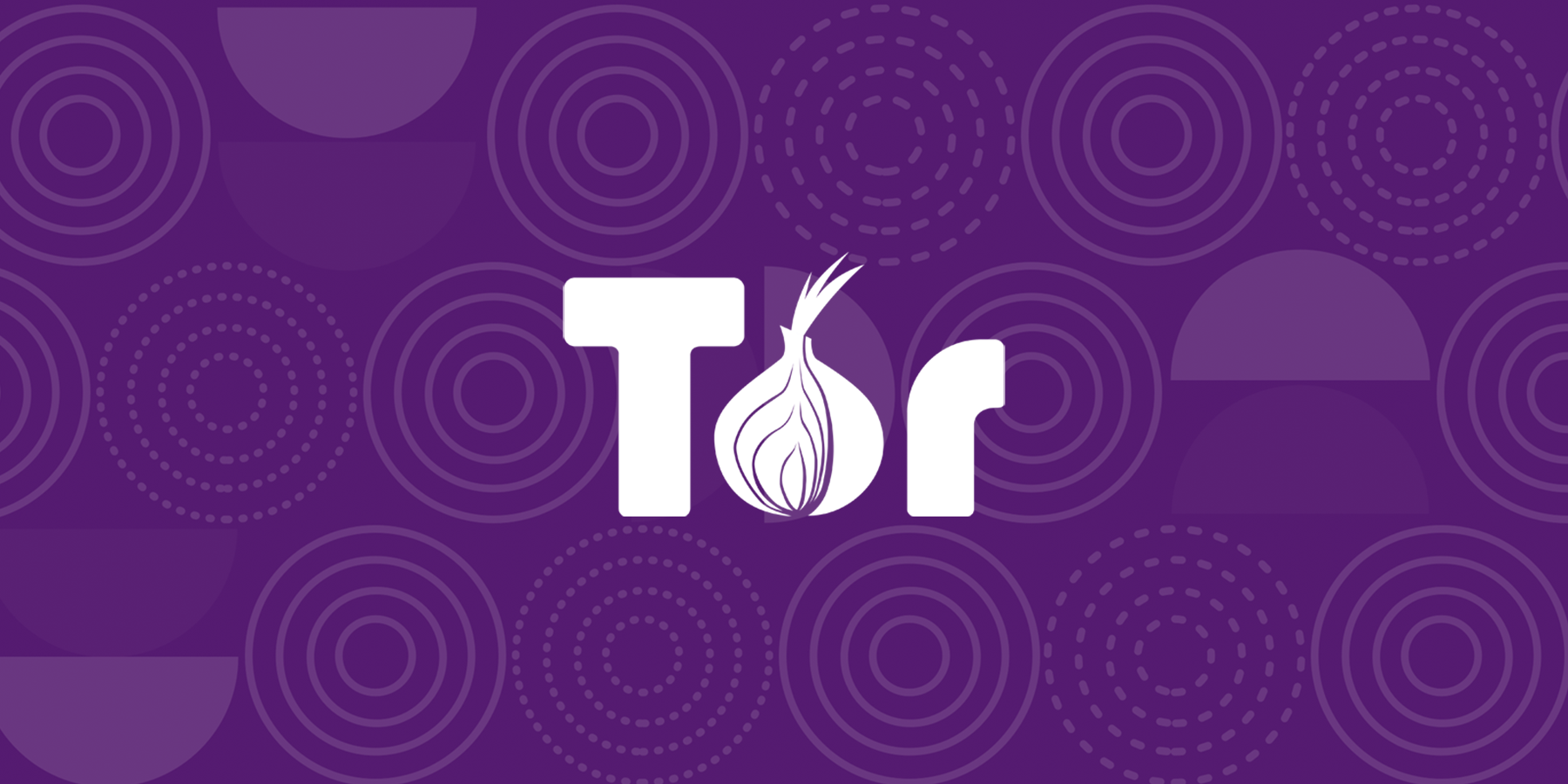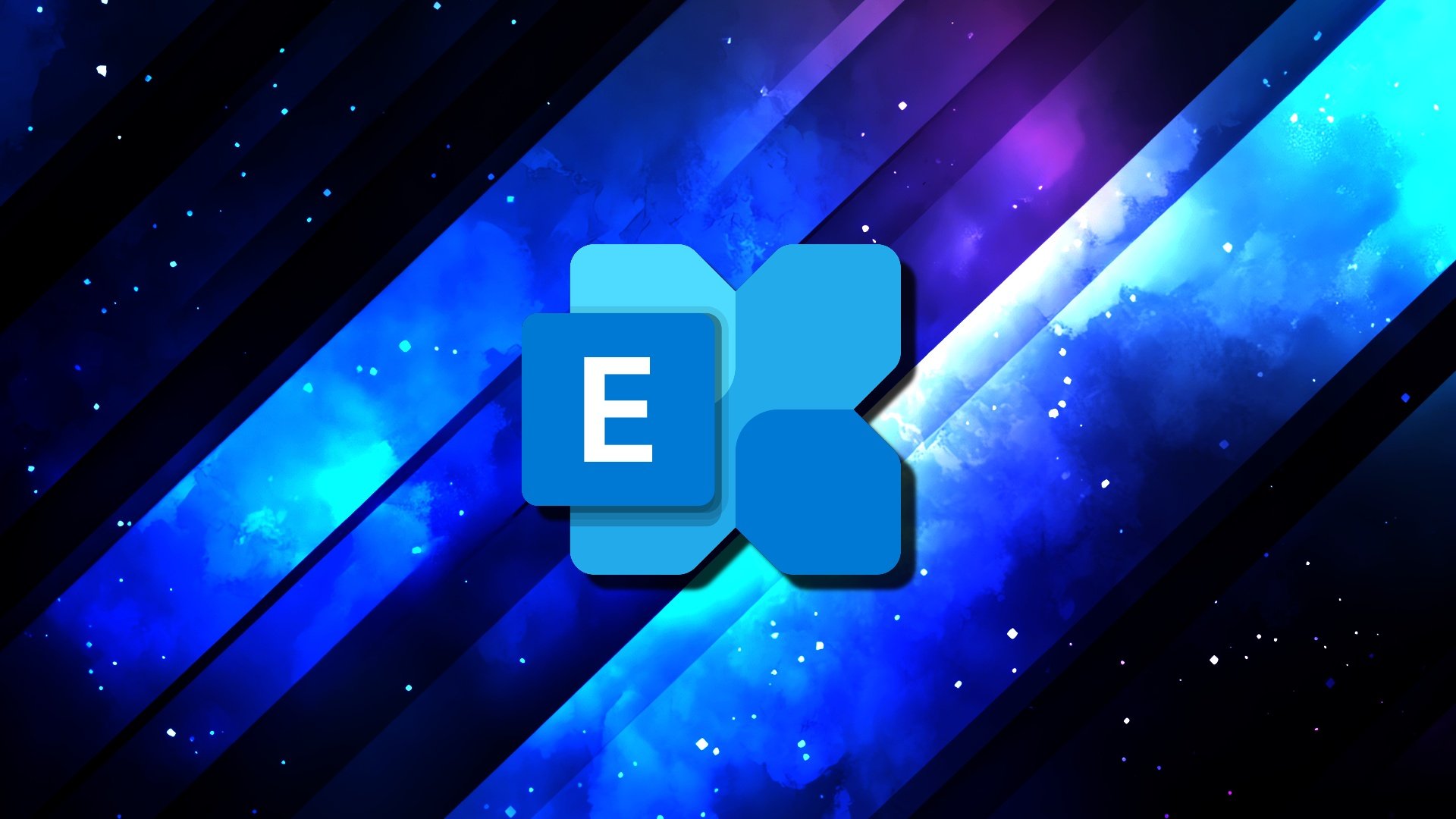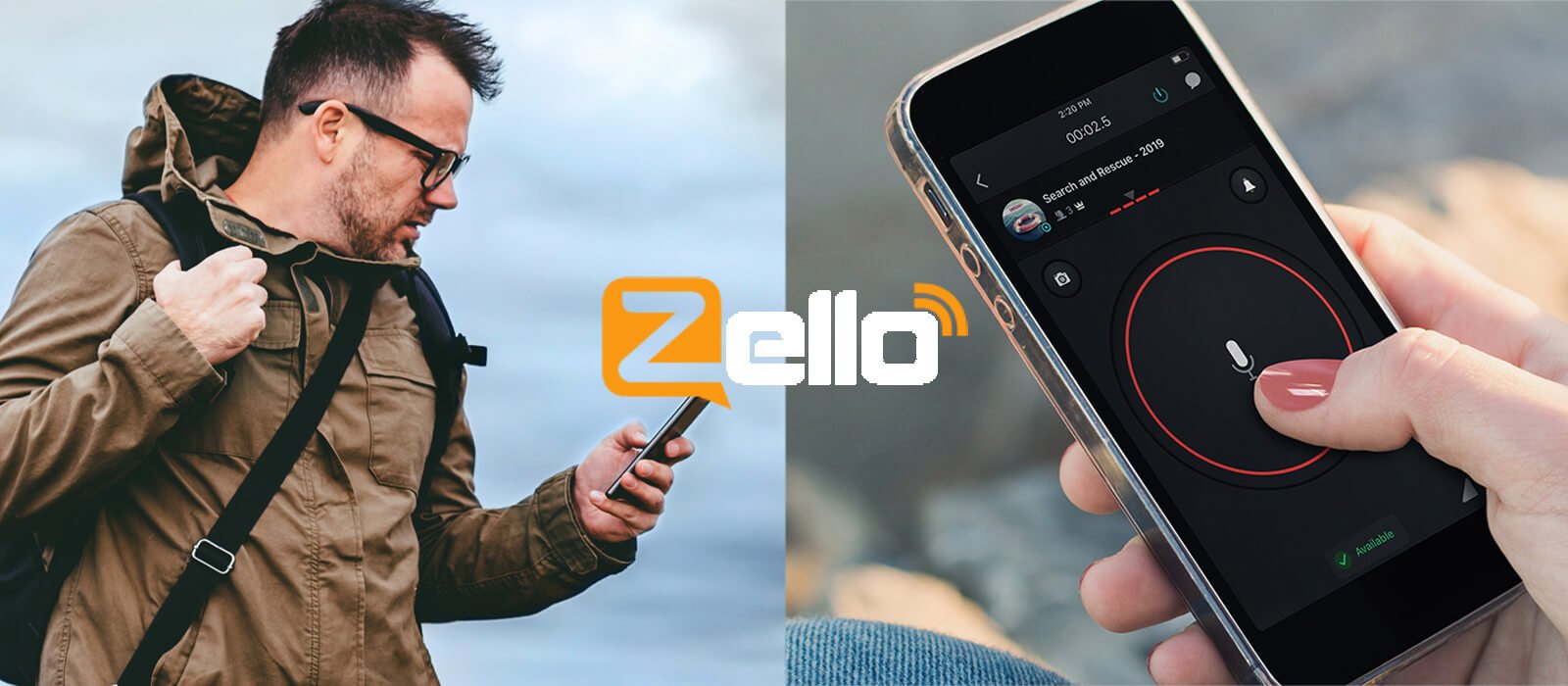BOOK THIS SPACE FOR AD
ARTICLE ADOn 14 March, Meta announced it would abandon CrowdTangle, saying the tool will no longer be available after August 14, 2024. While most people have never heard of CrowdTangle, among journalists the tool is considered essential. Its popularity largely depends on the ability to monitor social media activity around important elections.
This makes the timing of the change a bit awkward to say the least. Not just in the US, but in many countries around the world there are major elections in 2024.
Data analysis tool CrowdTangle was created to show publishers which posts on Facebook pages were getting the most engagement. However, researchers and journalists later discovered that monitoring which stories spread most quickly, also provides the means to find the source of disinformation and watch how it spreads.
Meta bought CrowdTangle eight years ago, and the tool helped journalists and researchers learn more about the content on Meta’s platforms, including Facebook and Instagram. It was the first major tool that let the public analyze trends on the social media platforms in real time.
But it also produced negative consequences for Meta. If content performed well, Meta received accusations of promoting that content in its algorithm. In 2021, CrowdTangle underwent some changes and the team that ran it, including founder and CEO Brandon Silverman, was dismantled.
Arguably, the only thing keeping CrowdTangle alive at that point was Article 40 of the European Union’s Digital Services Act, which requires very large platforms and search engines to share publicly available data with researchers and nonprofit groups.
So, in November of 2023, Meta introduced the Meta Content Library as a replacement for CrowdTangle to “help us meet new regulatory requirements, data-sharing and transparency compliance obligations.”
In an interview, Meta’s president of global affairs Nick Clegg said that the Meta Content Library is a better tool for researchers than CrowdTangle in almost every way. For starters, it includes data about reach, which he said offers a better picture of what content on the platform is most popular.
Researchers who have used both CrowdTangle and the Content Library are torn, they say that both tools have their strengths and weaknesses. However, the audience for the Content Library is much more limited: aside from certain fact checkers, journalists won’t have direct access.
In an open letter, Mozilla has called on Meta to keep CrowdTangle functioning until January 2025. At the time of writing, 156 universities, researchers, disinformation trackers, privacy watchers, and other social media followers have signed the request.
They fear that the absence of CrowdTangle will undermine the monitoring of election disinformation in a year that approximately half the world’s population will vote.
We don’t just report on threats – we help protect your social media
Cybersecurity risks should never spread beyond a headline. Protect your social media accounts by using Cyrus, powered by Malwarebytes.
.png)















 Bengali (Bangladesh) ·
Bengali (Bangladesh) ·  English (United States) ·
English (United States) ·